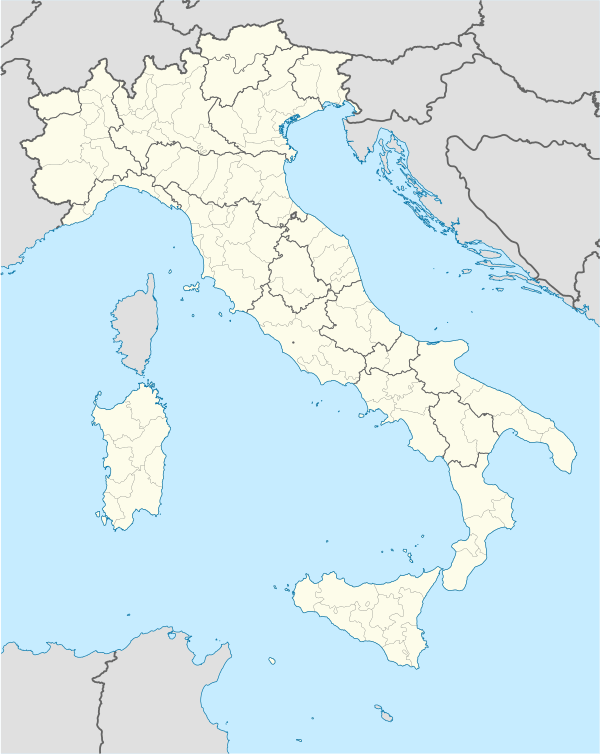Vendrogno
| Vendrogno | |
|---|---|
| Comune | |
| Comune di Vendrogno | |
 Vendrogno Location of Vendrogno in Italy | |
| Coordinates: 46°2′N 9°20′E / 46.033°N 9.333°ECoordinates: 46°2′N 9°20′E / 46.033°N 9.333°E | |
| Country | Italy |
| Region | Lombardy |
| Province | Province of Lecco (LC) |
| Frazioni | Bruga, Camaggiore, Inesio, Noceno, Mornico, Mosnico, Sanico |
| Government | |
| • Mayor | Cesare Galli (Muggisca - Il Nostro territorio) |
| Area | |
| • Total | 11.7 km2 (4.5 sq mi) |
| Population (Dec. 2011) | |
| • Total | 329 |
| • Density | 28/km2 (73/sq mi) |
| Time zone | CET (UTC+1) |
| • Summer (DST) | CEST (UTC+2) |
| Postal code | 23838 |
| Dialing code | 0341 |
| Website | Official website |
Vendrogno is a comune (municipality) in the Province of Lecco in the Italian region Lombardy, located about 60 kilometres (37 mi) north of Milan and about 20 kilometres (12 mi) north of Lecco. The location is particularly known for its accessibility from the main valley Valsassina, 4 km distant by the municipality of Taceno, and the second main lake of the country Lario (Lago di Como) 8 km distant by the municipality of Bellano. The downtown is mainly composed by frazione Bruga, representing the core of the old city, once hosting the city hall and the post office. On the wall above the entrance of the old post office it is located the screen decated to the Italian irredentism hero Cesare Battisti. According with the screen statement, it seems Cesare Battisti had relatives in the town of Vendrogno, to which he stopped by before being back Trento and dying in the First World War. The downtown is placed on a natural highland, surrounded by a middle-alp vegetation. Old cestnuts, wildnuts and abandoned "ronchi" (land terraces once decated to viticulture), are the current witnesses of past agricultural activities, actually abandoned but still partially undertaken by some passioned residents, in which properties it is also possible to find olive trees. Interestingly, the location of the downtown offers a perfect position to enjoy panoramic views of norther Grignas alps. Along the profile of Grignas, it is possible to distinguish on south-west the devil-like shape of "il frate e la monaca" and on north-west the giant Albiga mount's Linden tree: two crucial points spacing south to north the whole shape of this short alp chain, in between the sight of Valsassina valley and of lake Lario respectively.
As of 31 December 2011, it had a population of 329 and an area of 11.7 square kilometres (4.5 sq mi).[1]
The municipality of Vendrogno contains the frazioni (subdivisions, mainly villages and hamlets) Bruga, Camaggiore, Inesio, Noceno, Mornico, Mosnico, and Sanico.
Vendrogno borders the following municipalities: Bellano, Casargo, Dervio, Parlasco, Taceno, Tremenico.
Demographic evolution
